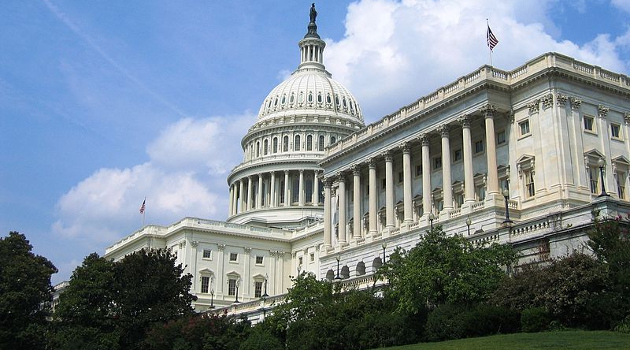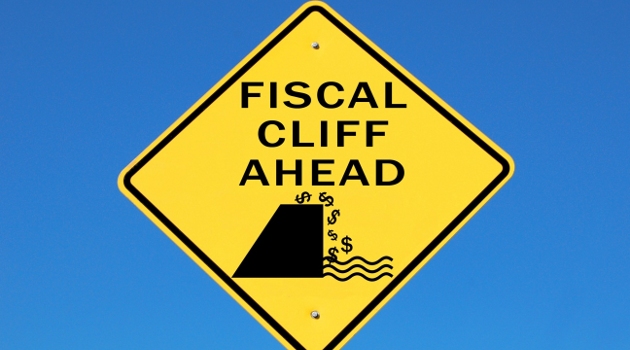
by Dan Mitchell | Mar 1, 2018 | Big Government, Blogs, Government Spending
I write constantly (some would say incessantly and annoyingly) about entitlement spending. And I occasionally write about discretionary spending. It’s time to address the budget in a comprehensive fashion. Let’s look at five charts to put everything in context and to...

by Dan Mitchell | Feb 23, 2018 | Big Government, Blogs, Economics, Government Spending, Taxation
At some point in the next 10 years, there will be a huge fight in the United States over fiscal policy. This battle is inevitable because politicians are violating the Golden Rule of fiscal policy by allowing government spending to grow faster than the private sector...
by Dan Mitchell | Jul 12, 2017 | Big Government, Blogs, Government Spending
Back in April, I shared a new video from the Center for Freedom and Prosperity that explained how poor nations can become rich nations by following the recipe of small government and free markets. Now CF&P has released another video. Narrated by Yamila Feccia from...

by Dan Mitchell | May 23, 2017 | Big Government, Blogs, Government Spending
It’s both amusing and frustrating to observe the reaction to President Trump’s budget. I’m amused that it is generating wild-eyed hysterics from interest groups who want us to believe the world is about to end. But I’m frustrated because I’m reminded of the terribly...
by Dan Mitchell | May 22, 2017 | Big Government, Blogs, Economics, Government Spending, Welfare and Entitlements
When President Trump released his so-called “skinny budget” back in March (dealing with the parts of Leviathan that are annually appropriated), I applauded several of the specific recommendations. Shutting down the wasteful National Endowment for the Arts. Defunding...




